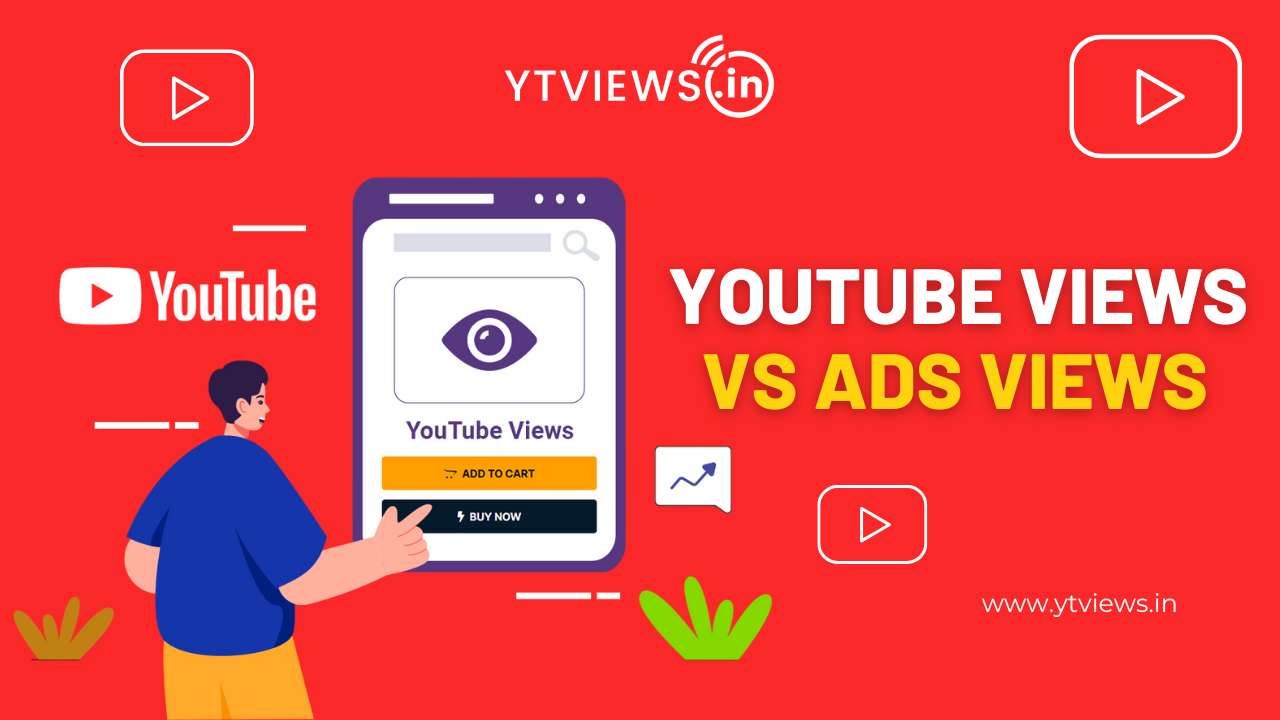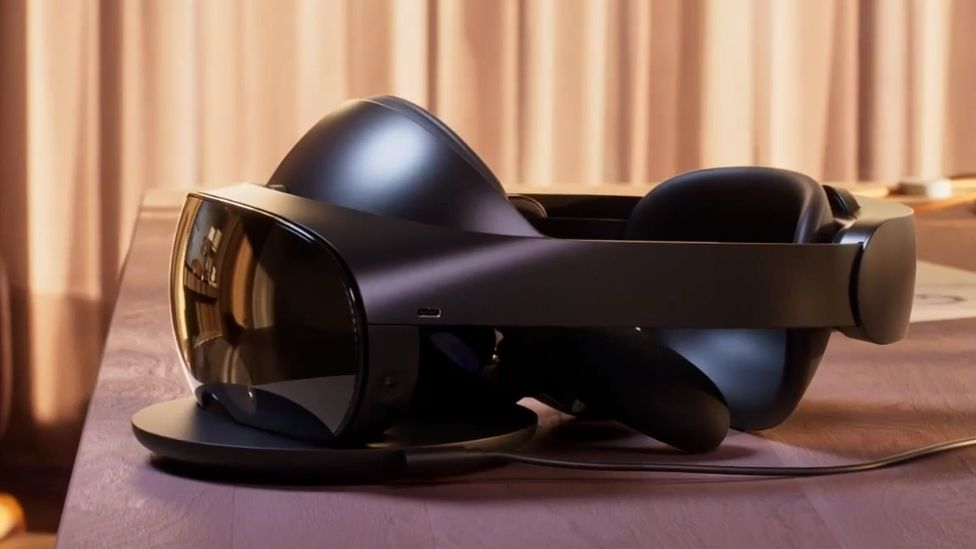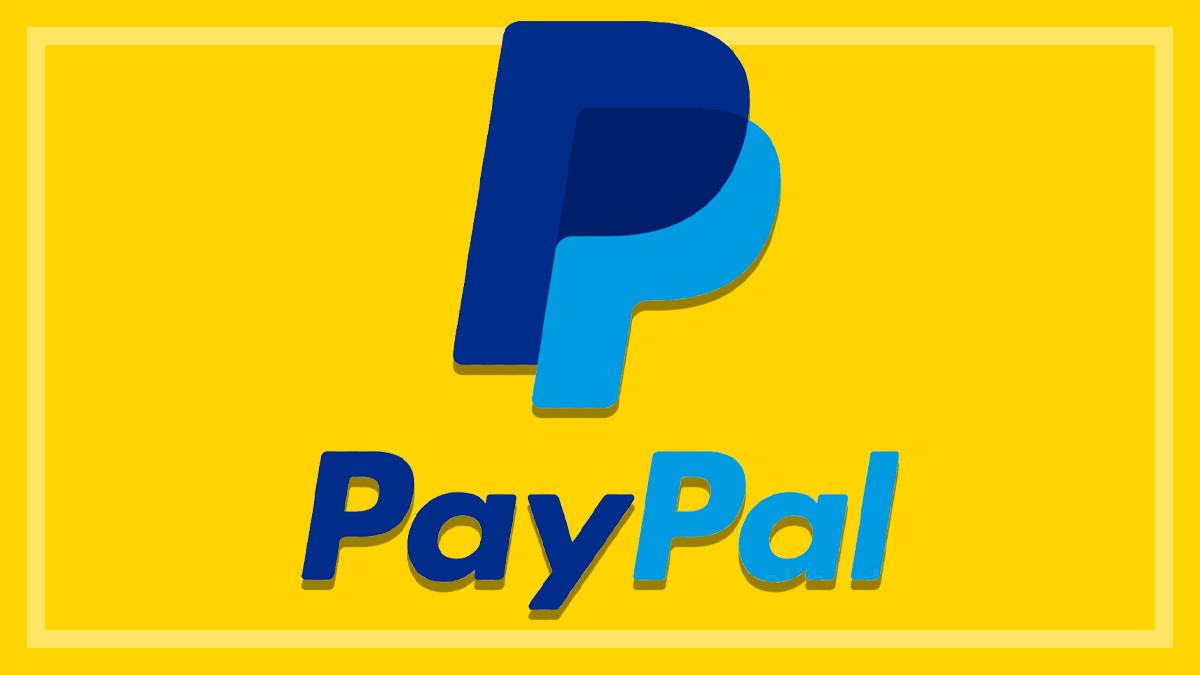Meta announces another exciting VR device
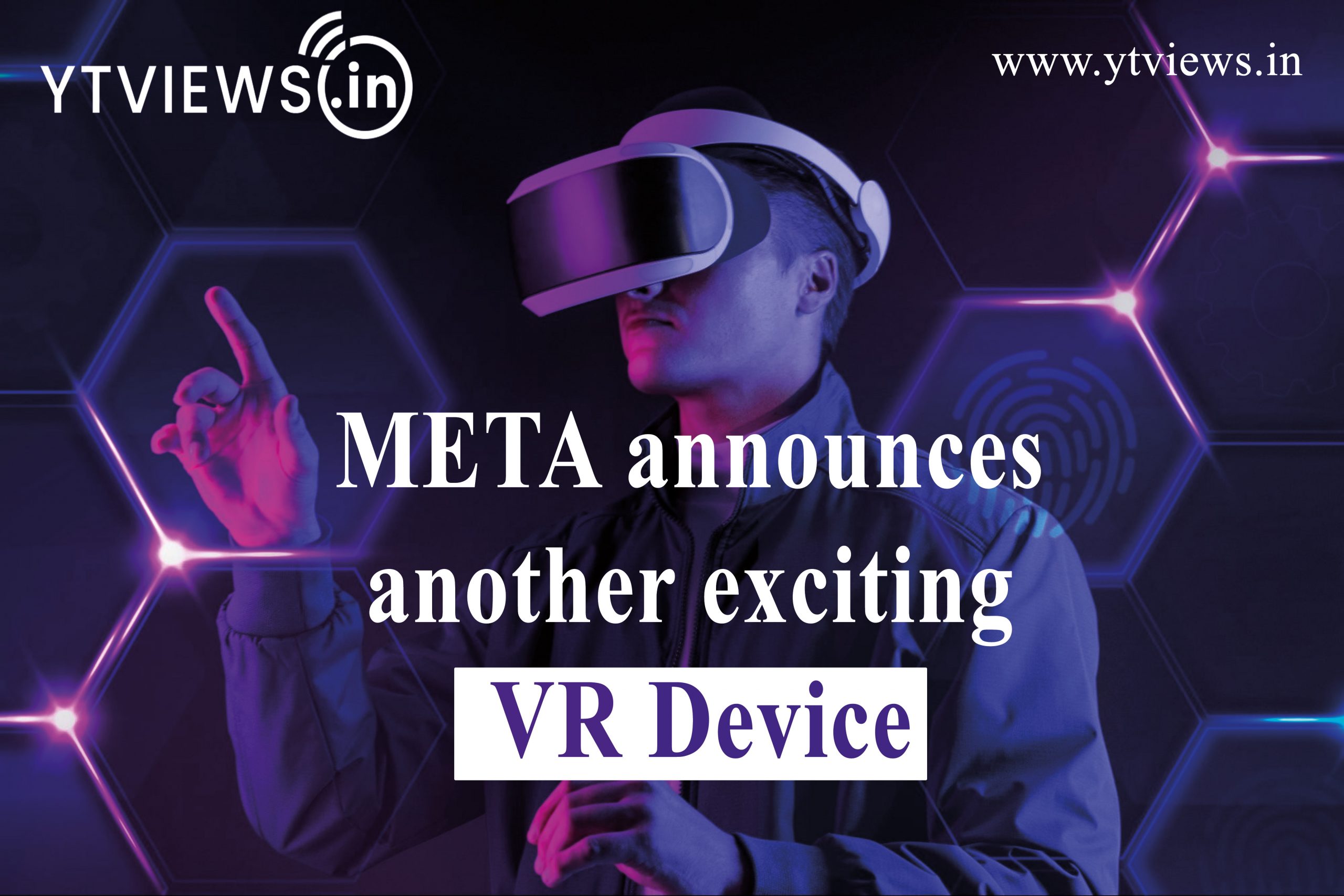 With his company rechristened to reflect Mark Zuckerberg’s belief that the metaverse will be the next major computing platform, Meta opened its Meta Connect 2022 event yesterday with a variety of announcements and interviews showcasing new hardware, the development of its VR services, and the longer-term strategy guiding them. The gear consists of a brand-new virtual reality headset dubbed the Meta Quest Pro, whose $1.5k price tag positions it as a high-end item. Instead of the consumers targeted by the $399 Meta Quest 2 headset, it is intended for designers, experts, and early adopters with plenty of cash. In an interview, Zuckerberg defined the first category as “the individuals who are very interested in VR being able to be their primary workstation over time.”
With his company rechristened to reflect Mark Zuckerberg’s belief that the metaverse will be the next major computing platform, Meta opened its Meta Connect 2022 event yesterday with a variety of announcements and interviews showcasing new hardware, the development of its VR services, and the longer-term strategy guiding them. The gear consists of a brand-new virtual reality headset dubbed the Meta Quest Pro, whose $1.5k price tag positions it as a high-end item. Instead of the consumers targeted by the $399 Meta Quest 2 headset, it is intended for designers, experts, and early adopters with plenty of cash. In an interview, Zuckerberg defined the first category as “the individuals who are very interested in VR being able to be their primary workstation over time.”
The Horizon Workrooms VR space received a significant update yesterday as well, adding better avatars, virtual whiteboards, breakout groups, Zoom integration, and a “Magic Room” feature for “hybrid teams” (teams with members in the same room and others working remotely) to collaborate. Meta is very motivated to increase the number of people using its headsets. While this is going on, Meta is introducing its Horizon Worlds metaverse to non-VR devices like phones and laptops and upgrading the coding and modelling tools to enable users to create better environments within it. The platform, which Meta recently acknowledged needed a lot more development to be “useful and properly designed,” may be attractive for labels and artists investigating it.
Meta Quest Store
With the ability to watch videos with friends, the YouTube VR app is becoming more social. Meta will launch its “Meta Avatar Store” later this year with the promise of “partners across sports, entertainment, and more” selling virtual clothing; we’ll be interested to hear about the music partners. Those avatars will now (finally!) have legs, rather than just torsos, heads, and arms. With the added disclosure that the Meta Quest Store had already topped $1.5 billion in-game and app sales, including 33 games that have generated more than $10 million each, it was all very much a drive to instil faith in Meta’s concept of the metaverse. However, Zuckerberg highlighted in his interview with The Verge that VR continues to be a long-term struggle rather than an overnight success
Related Posts
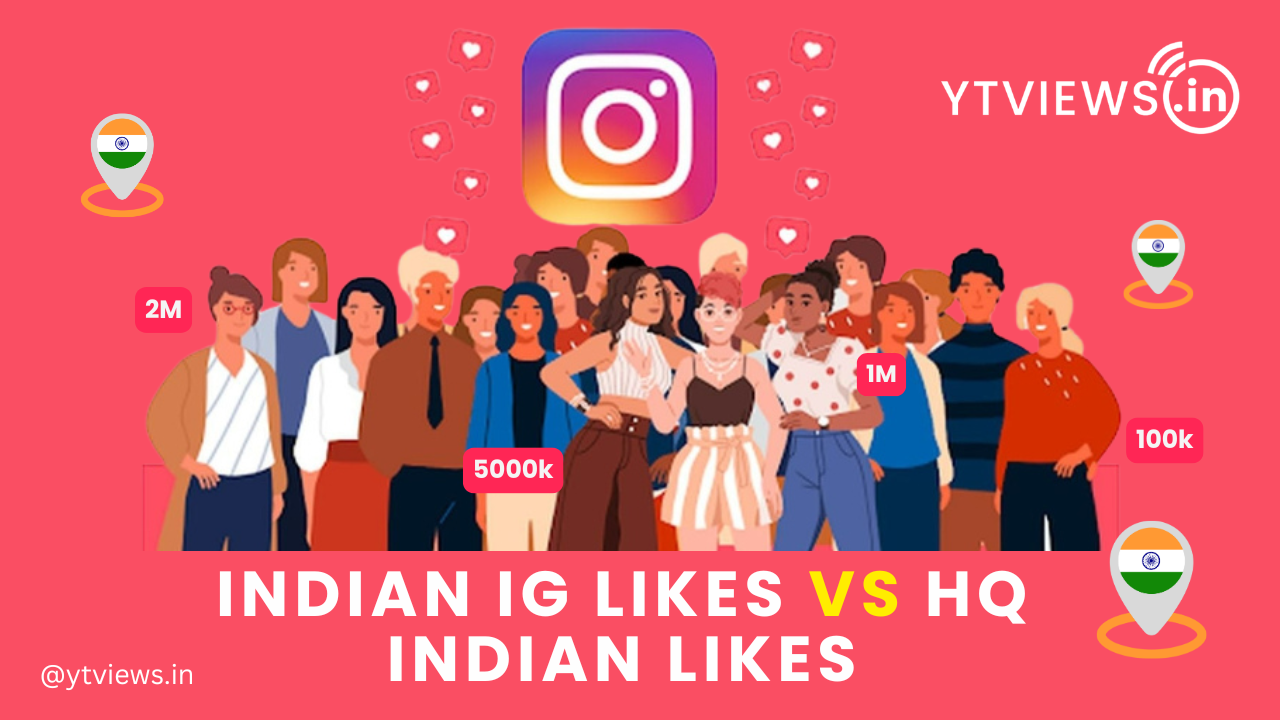
Indian IG Likes vs HQ Indian Likes: What’s the Difference
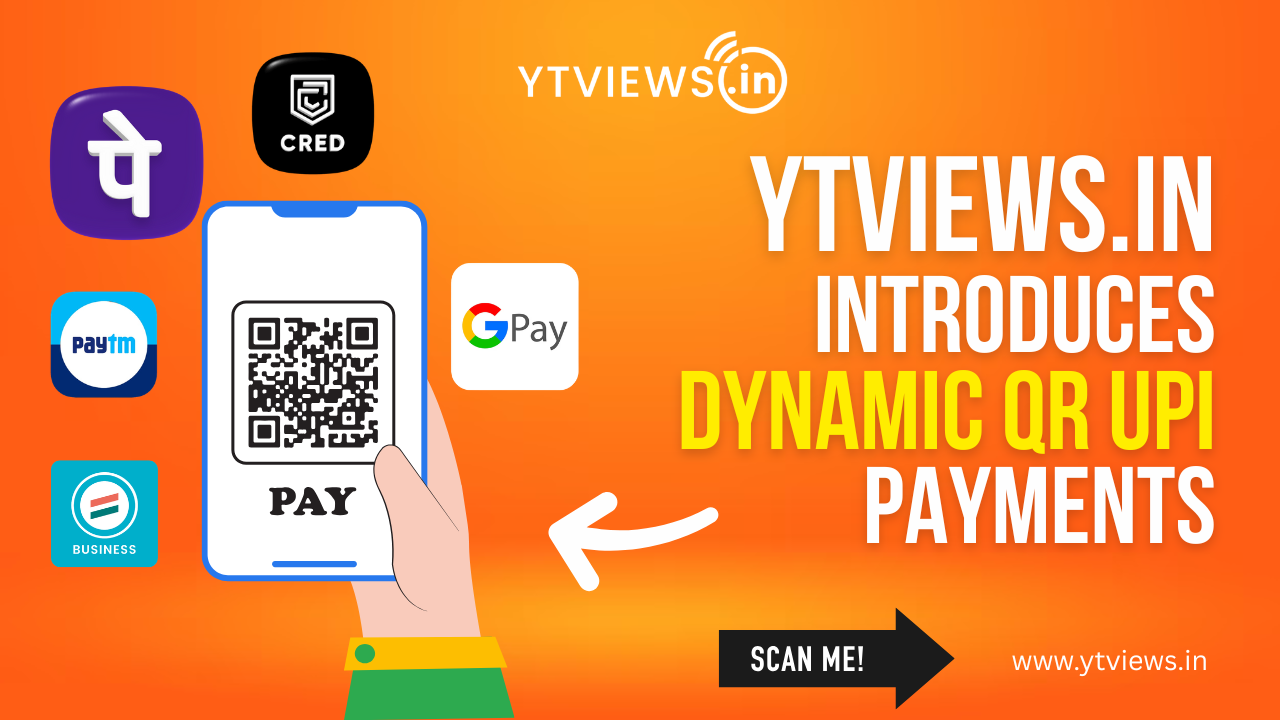
Ytviews.in Makes Payments Easier with Dynamic QR UPI
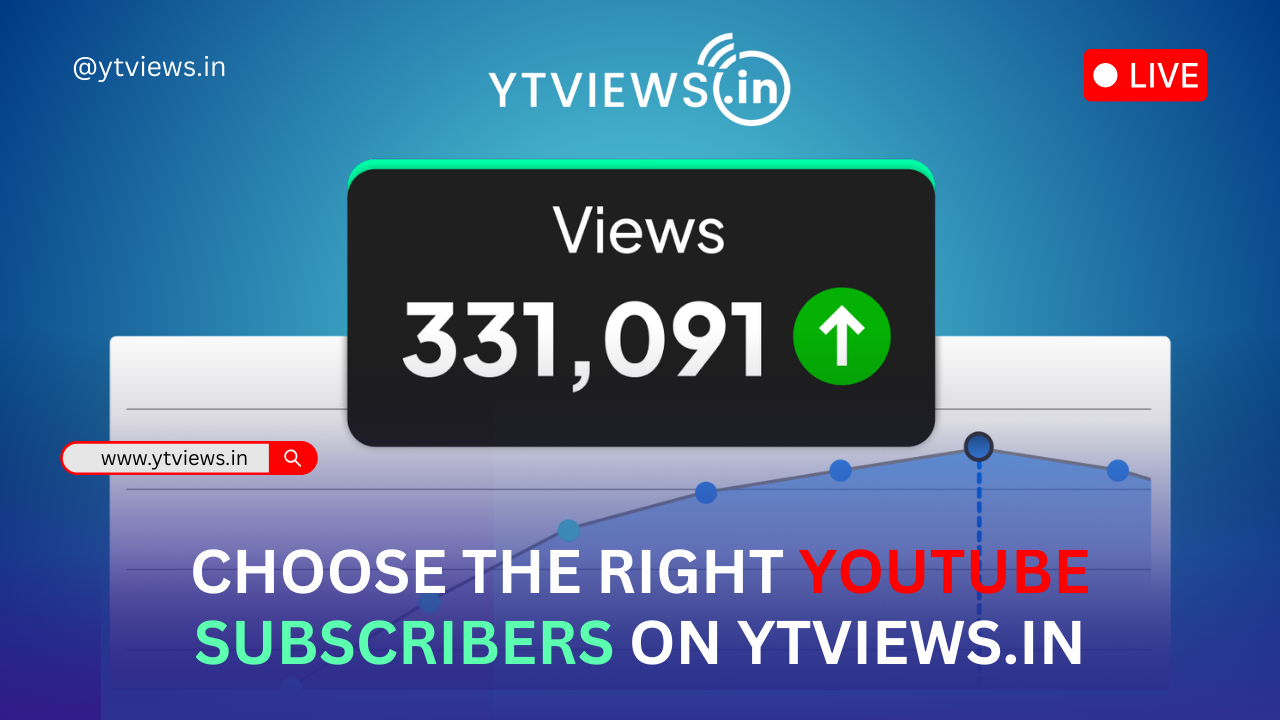
How to Choose the Right YouTube Subscribers on Ytviews.in
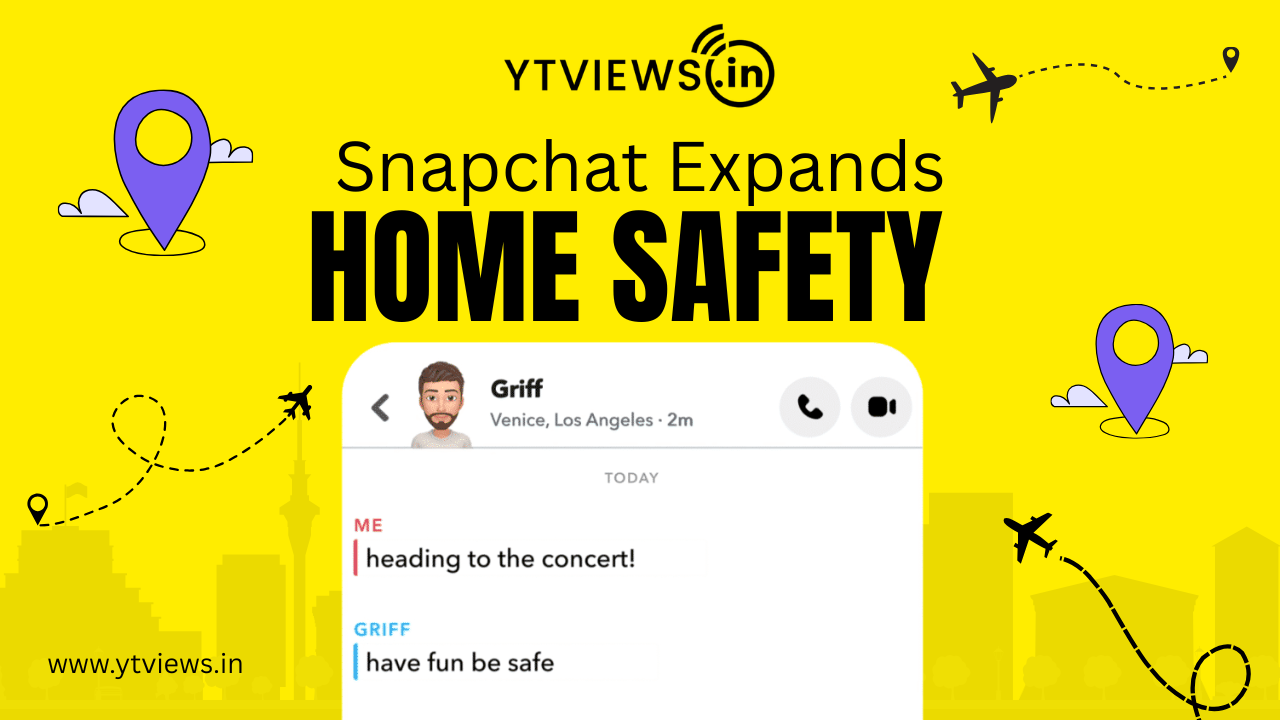
Snapchat Expands Home Safe Alerts Beyond Just Home
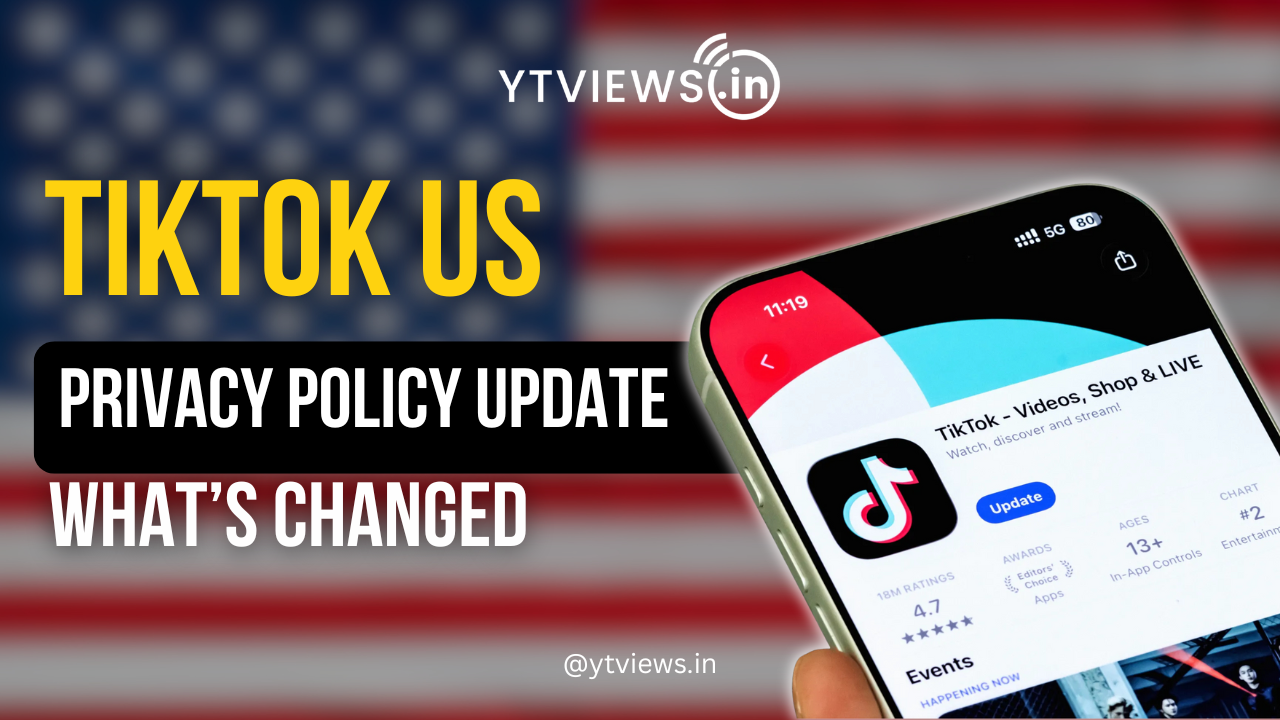
TikTok US Privacy Policy Update: What’s New Change
